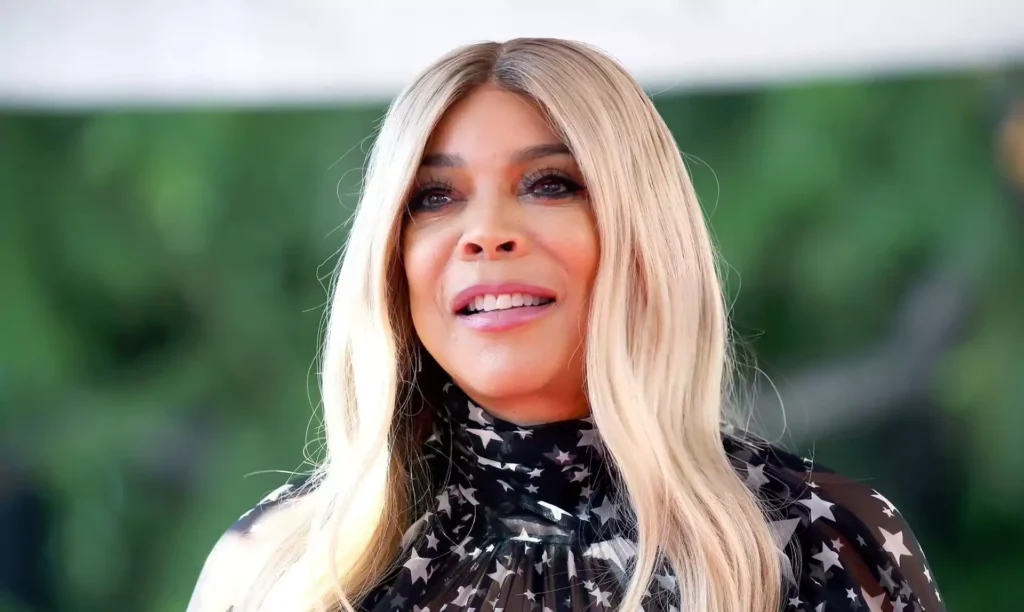Guardian of Wendy Williams Alleges Exploitation by A+E Networks in Documentary Controversy
2 min read
Michael Tran/FilmMagic
Wendy Williams’ guardian has launched a scathing attack against A+E Networks, accusing them of exploiting the former talk show host in Lifetime’s “Where Is Wendy Williams?” documentary.
In recently unsealed court documents obtained by Page Six, Sabrina Morrissey, Williams’ appointed guardian, alleged that A+E Networks “shamelessly exploits” Williams by filming her in an “obviously disabled state.” Morrissey claimed that the documentary “cruelly implies” that Williams’ demeanor is due to substance abuse and intoxication, despite her diagnosis of frontotemporal lobe dementia and aphasia.
Morrissey further asserted that A+E Networks had promised to portray Williams in a positive light, akin to a “phoenix rising from the ashes.” However, the documentary’s trailer and subsequent release were criticized for exploiting Williams’ medical condition for entertainment value.
The lawsuit, originally filed in the New York County Supreme Court, sought a temporary restraining order against the documentary’s release. Morrissey argued that Williams lacked the capacity to enter into the agreement with A+E Networks due to her condition and court-ordered guardianship.

According to the documents, Williams’ manager for the project, William Selby, claimed he did not review the trailer or the documentary. Additionally, a source close to the matter questioned who approved the final product, given Williams’ condition.
The documentary depicted Wendy Williams struggling with alcohol abuse, financial woes, and emotional distress. Her son, Kevin Hunter Jr., attributed her dementia diagnosis to her alcoholism, a claim contested by Williams’ family members.
While Morrissey criticized the documentary’s portrayal of Wendy Williams, her family members, including niece Alex Finnie, claimed Williams had expressed a desire to share her story. Finnie alleged that Williams had told her family that “now is the perfect time” to do the documentary to take ownership of her narrative.
However, despite the family’s differing perspectives, Wendy Williams’ relatives expressed frustration over being kept in the dark about her whereabouts, claiming they have been shut out of her life.
Representatives for A+E Networks were not immediately available for comment.
The legal battle underscores the complexities surrounding Williams’ public image and her ongoing struggles with health and personal issues. As the case unfolds, it raises questions about the ethics of media portrayal and the rights of individuals under guardianship.



